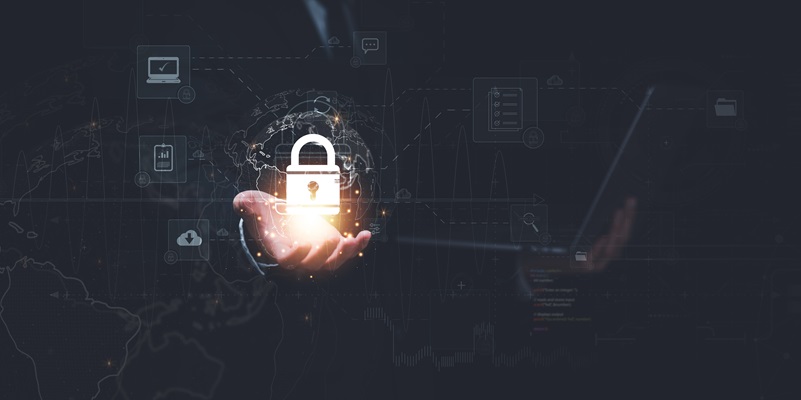In an era where digitalization permeates every aspect of our lives, the proliferation of cyber threats has emerged as a significant challenge requiring robust countermeasures. Advanced threats such as ransomware, which lock companies out of their own data unless a ransom is paid, and sophisticated phishing schemes designed to steal sensitive information are becoming more widespread and complex. These tactics aren’t just targeting large corporations but are also increasingly affecting small businesses and individual users, making cybersecurity a universal concern.
The Dual Influence of Technological Advancements
Technological advancements have a dual influence in this evolving security landscape. On one hand, cybercriminals are leveraging advanced tools like artificial intelligence to create more potent attack vectors. On the other hand, the same technologies are being harnessed by cybersecurity professionals to predict, identify, and combat these evolving threats. Innovations in machine learning and behavioral analytics are helping businesses to fortify their defenses by enabling real-time threat detection and automated response.
The Rising Need for Stringent Security Measures
The rising frequency of data breaches has also elevated the need for stringent security measures. High-profile incidents highlight the vulnerabilities within even the most secure systems, compromising personal and corporate information that can be exploited for financial gain or other malicious purposes. In response, a growing emphasis on best practices such as regular software updates, employee training, and the implementation of multi-factor authentication is becoming standard.
The Importance of Collaboration
Furthermore, collaboration between governmental bodies and private sectors is highlighted as a key strategy in tackling cyber threats. This collective effort aims to standardize security protocols and share critical threat intelligence, fostering a more secure digital environment. In essence, emerging cyber threats are not only reshaping the approach to cybersecurity but are also underscoring the importance of vigilance and proactive defense mechanisms in today’s interconnected world.

